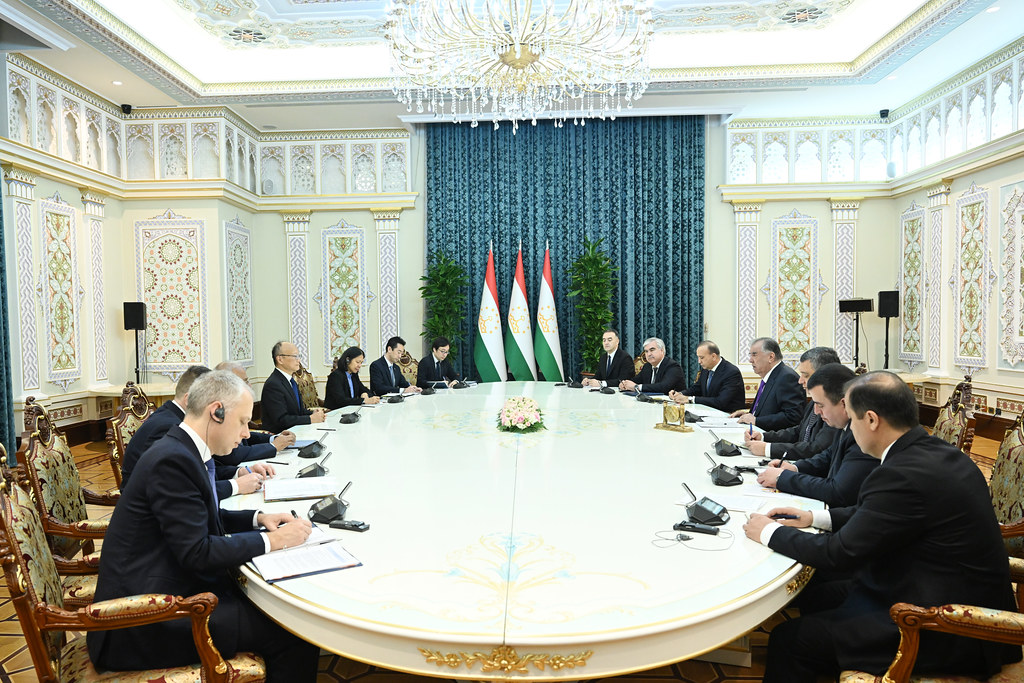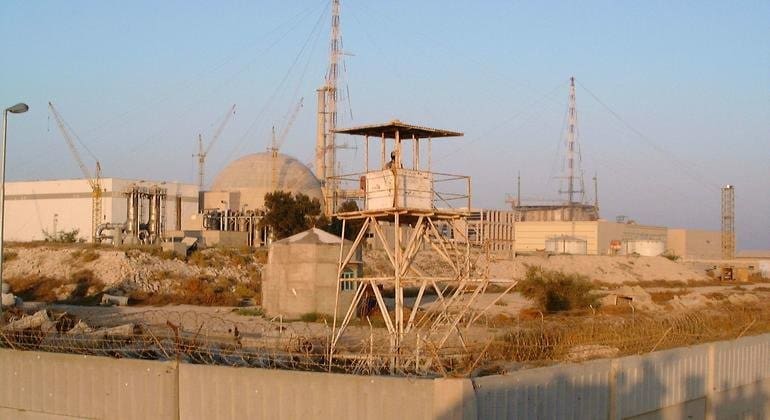Who Will Succeed Babar Azam in the Future? 5 Potential National Team Leaders

For the last few years, Babar Azam captain has emerged as the face of Pakistan cricket. Whenever his team needs him, Babar, with his restrained and graceful manner at bat, has shown efficiency and talent as a captain and has gained the trust of his team members. The Pakistan national cricket team has been safe with Babar’s presence, no matter thrilling T20s or grinding Test battles at home and abroad. He has used his experience and understanding of the Plinko game to execute great leadership skills.
However, like with any period, leadership is bound to change at one point. This time it is the question of form, fitness, or the team’s natural evolution that will cause the situation to arise but some questions will inevitably be thrown around: who will be the successor of Babar? What type of personality can handle as well as represent nicely the weight of expectations in a cricket-mad country such as Pakistan?
It is a matter of much wider significance to select the future leader than to take into account statistics or seniority. It is all about stability, attitude, tactical wisdom, and admittedly respect. Thus, let us identify five candidates who demonstrate most of these qualities and can cast the vote for the new main star of the Pakistan team.
Shaheen Shah Afridi – The Warrior Leader
When Shaheen Afridi bowls he does so with a combination of intention and commanding presence. His leadership abilities have earned him a position as Pakistan’s main pace bowler despite being only 24 years old. His crucial performances such as destroying India’s batting lineup at the 2021 T20 World Cup made him known as a decisive player for big matches.
The thing that makes Shaheen unique is his natural ability to win over crowds. As he approaches the bowling crease every crowd member stands and cheers with excitement and his team members visibly show their response to his energetic approach. Under pressure Shaheen proved his ability to lead Lahore Qalandars to Pakistan Super League (PSL) titles through both instinctive decision-making and team inspiration.
Shaheen’s leadership style combines his aggressive competitiveness along with intense emotional commitment which recalls Pakistan’s batting tradition of aggressive fast bowling. He actively leads his teams in all aspects of play both physically and emotionally. The biggest obstacle he faces at present is his fitness levels. The persistent knee injuries have interrupted his rhythm twice already. Being a long-term candidate for captaincy will depend largely on his ability to manage his workload correctly.
Shaheen operates at his best when he is fit yet during these periods he has the ability to elevate his team with his extraordinary leadership. His being present serves as a strong reason to consider him a potential serious contender.
Mohammad Rizwan – The Emotional Core
In terms of work ethic, resilience, and character, few in world cricket match Mohammad Rizwan. Rizwan has transformed into a consistency benchmark and symbol of confidence throughout matches where he opens and bats in T20s or keeps wickets for prolonged periods or saves unthinkable finishes in the last over.
Bobigidbody’s statistical records are noteworthy but his leadership through emotions stands as his most significant trait. Within the team Rizwan functions as a spiritual core who provides motivational support through both prayers and chants during difficult situations. His controlled composure under tense situations together with his nonstop commitment to discipline establishes his leadership abilities.
His role as Pakistan cricket team captain of Multan Sultans in the PSL shows that he applies his tactical intelligence to effectively lead the team. The game brings clear images to his view which he trusts during critical situations. His achievements in franchise competitions prove he has sufficient leadership potential for the highest level of cricket.

Shadab Khan – The All-Round Captaincy Package
Shadab Khan might be Pakistan’s most tactically astute player after Babar. A smart cricketer with experience across formats, he often plays the role of unofficial vice-captain—setting fields, motivating bowlers, and speaking up in team huddles. He’s vocal, analytical, and confident in his decisions.
As captain of Islamabad United in the PSL, Shadab has shown boldness—whether it’s bringing himself on at crunch moments or experimenting with batting orders. He isn’t afraid to take risks, and that fearless approach has helped him develop a reputation as a modern, proactive leader.
What makes him a complete captaincy package is his all-round skill set: a reliable leg-spinner, a handy middle-order batsman, and an electric fielder. He understands the dynamics of T20 cricket and often leads with clarity.
His biggest drawback, however, has been inconsistency—especially in pressure matches or against top teams. Whether due to form or injuries, his performance graph has dipped at key moments. But if he can regain his rhythm, he remains one of the most well-rounded leadership prospects in Pakistan cricket.

Naseem Shah – The Youthful Fire with Composure
At first glance, Naseem Shah might seem too young to be in this conversation. But anyone who’s seen him bowl knows he carries himself with a rare poise. Whether defending 15 runs in a tense Asia Cup finish or handling media pressure after losses, Naseem has shown maturity far beyond his years.
His ability to stay calm under pressure is his biggest asset. Add to that his fierce competitiveness, and you have a player who thrives in big moments. He’s passionate, but not reckless. Emotional, but controlled. These are traits that often define great leaders.
Of course, Naseem is still developing—both as a cricketer and as a potential leader. His tactical understanding is improving, and with the right mentorship, he could be shaped into a future captain. Appointing him too early might be risky, but he remains a strong long-term investment for leadership.
Given Pakistan’s history of backing young leaders—think Imran, Wasim, or even Babar—it wouldn’t be shocking to see Naseem handed responsibility sooner than expected.
Saud Shakeel – The Silent Strategist
The modern-day cricket environment where flamboyance often takes precedence over skill makes Saud Shakeel stand out as a traditional player. His personality combines an unflustered demeanor with low-key conduct and a strong technique which shines particularly in Test matches. The Tests against Sri Lanka and England have exposed Saud Shakeel’s abilities to handle challenges as he demonstrated mastery along with mental stability.
The leadership potential of Saud stands out because of his mysterious level of internal fortitude. In Pakistan cricket Saud exists below headlines yet team members view him as a thoughtful person who observes everything carefully. The energy he generates facilitates team serenity and he shows exceptional composure under exhausting circumstances.
The Pakistan Test squad began accepting Saud as a leader of their team despite him not participating in white-ball matches. The strategic mindset combined with a level demeanor of Saud makes him a strong potential candidate to lead the Test team particularly in formats where both patience and long-term planning are essential components.
Honourable Mentions
- Shan Masood: Stylish and experienced, Shan has led domestic sides and shown promise. But his inconsistency at the international level makes him a risky choice.
- Azam Khan: While exciting and explosive with the bat, Azam is more suited to a match-winner role than leadership. He lacks the tactical presence needed for captaincy—for now.
- Imam-ul-Haq: Technically strong and experienced, Imam shows signs of leadership. However, his sometimes laid-back body language and lack of natural authority work against him.
- Haris Rauf – A passionate performer with a strong personality, Haris brings energy and aggression. However, his leadership skills remain untested, and his temperament may need more refinement for captaincy duties.
- Fakhar Zaman – A senior player with big-match experience and strong presence, Fakhar has earned respect in the dressing room. But his inconsistent form and lack of a tactical leadership role so far keep him outside serious contention.
- Sarfaraz Ahmed – A former captain with proven success, including a Champions Trophy win in 2017. While experienced and tactically sharp, age, fitness, and limited involvement in the current squad make a return to leadership unlikely.
Conclusion
Pakistan’s future leadership options are as diverse as the country’s cricketing culture itself. The Pakistan national cricket team benefits from each playing style because Shaheen brings his passionate speed and Rizwan adds meditative equilibrium and Shadab maintains tactical advantages while Naseem delivers fresh energy and Saud provides remarkable steadiness.
The selection panel and cricket board must pick someone who excels athletically while demonstrating their fitness to guide the team through changing conditions. Pakistan cricket will soon experience a leadership change as the sport maintains plenty of talented candidates both now and in the future.
The successor to Babar Azam will encounter substantial difficulties although they possess a chance to direct Pakistan cricket’s upcoming history.
The post Who Will Succeed Babar Azam in the Future? 5 Potential National Team Leaders appeared first on Ten Sports TV.













































